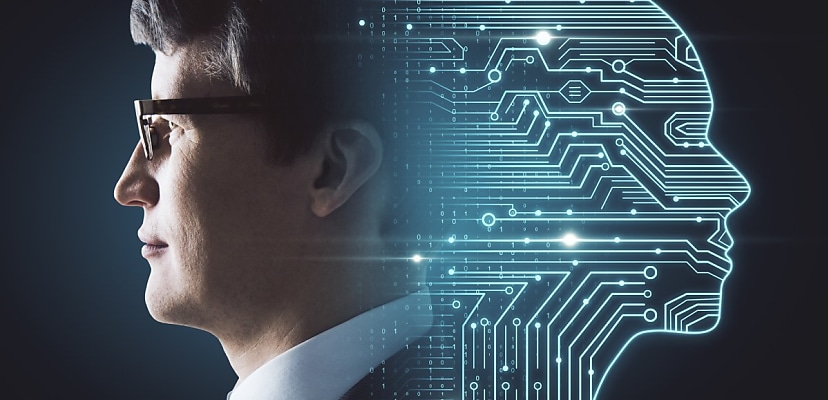Share this article on:
Powered by MOMENTUMMEDIA
Breaking news and updates daily.
The artificial intelligence (AI) revolution is here, and it’s here to stay. Despite many being of the belief that AI tools will only make our jobs easier, acting as tools rather than coming for our jobs, people are worried about being displaced.

Almost 40 per cent of jobs are expected to be touched by AI, according to research by the International Monetary Fund (IMF), both in good and bad ways.
According to a study by generative AI customer support experts DevRev, there are five roles particularly concerned about the technology in the US, based on the analysis of online search term data, including “will AI replace …”, “how will AI affect …”, and “AI impact on …”.
“AI has transformed the workplace. In fact, by 2030, it is predicted that 30 per cent of jobs will be automated through various AI technologies, leading many people to worry about their changing roles,” said a spokesperson from DevRev.
Here is what it found:
Despite AI being an incredibly powerful tool for the role, assisting in the creation of algorithms and complex models, data scientists are the fifth-most wary about the emergence of AI.
Luckily for them, research seen by DevRev has found that AI is prone to mistakes in this field and that it works best with human assistance.
AI is already being used by doctors to assist in a range of medical practices, such as scanning patient records, spotting early signs of disease and infection, and collecting and combining medical images.
However, AI works best when in tandem with human supervision or work, and the technology is certainly not at the point of replacing doctors in the analysis of symptoms and hands-on medical work.
AI lends itself well in assisting accountants, being able to arrange expenses and generate financial reports much more efficiently than a human.
DevRev said that despite this, “using AI within accounting can lead to detrimental data breaches from cyber criminals searching for investment decisions”.
The idea that AI can be truly creative is a widespread debate that began long before the technology existed. Already we have seen AI tools like DALL-E generate convincingly real or extravagant and colourful imagery, which aids itself well to album art, images for use within media and more.
The issue of AI art continues when it comes to crediting and copyright. These tools draw data from existing materials created by humans, which are then not credited in the generation of new art. Furthermore, at this stage, AI-generated material can not be copywritten generally, but as legislation changes, users of AI tools who create music, movies, images, and more could threaten human creatives.
Lawyers top the list of the most concerned about AI in the US. The technology is indeed useful in legal research and practice, able to analyse evidence, common law and case studies, sift through contracts and more.
However, AI is prone to developing biases, which would compromise justice and prevent fair trial.
DevRev believes that while AI is powerful, it will remain a tool to be used by human workers rather than a replacement for now.
“This study has revealed that, in America, lawyers are the weariest of advancements in AI, followed by artists, accountants, doctors, and data scientists,” added the DevRev spokesperson.
“However, AI will likely be used alongside humans within these sectors in the future rather than replacing them completely.”

Be the first to hear the latest developments in the cyber industry.